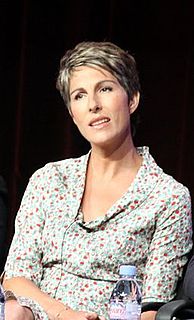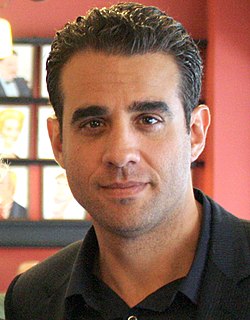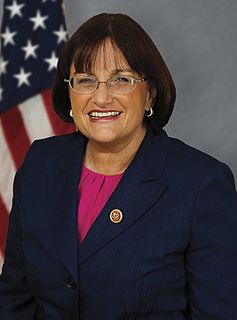A Quote by Tamsin Greig
Families are families. We've all got them, more or less, and we all know what it's like to be bullied by another generation.
Related Quotes
I've met people I wished I hadn't met. But Al Pacino was not one of them. For a guy who's old enough to be my father I feel like we're kindred spirits. We have a lot in common. Our families and our history with our families is very similar. Our relationships with our families is very similar. We had a lot more in common than I thought.
What draws me to family... if I were a psychiatrist, I'd say an enormous amount of unresolved personal material. If I were an anthropologist, I'd say families are at the root of social structures - they shape our identity, our belief systems - and so I find them fascinating. Also, I love the idea that families have narratives that are essentially the family story that is passed along generation to generation - and the rifts start when people question the story.



































